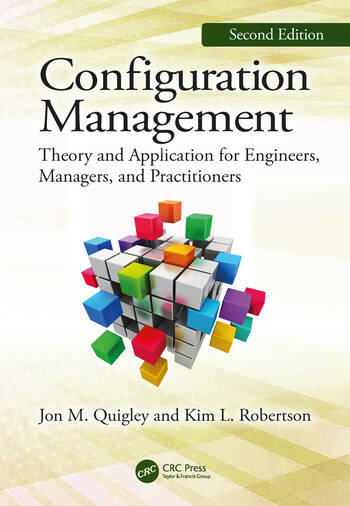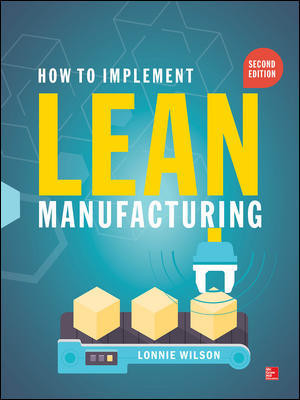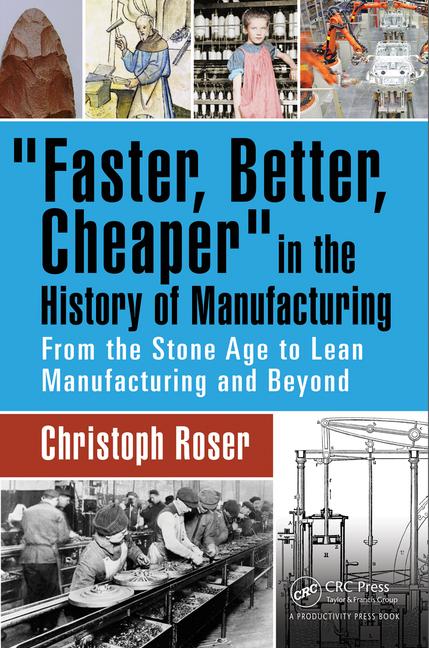Management and leadership are both necessary for a successful lean transformation. Neither alone is sufficient.
You can always start an argument by asking whether leadership or management is more important to a lean transformation. The fact is that both are necessary and neither alone is sufficient.
The most common reason that a lean transformation does not succeed is failure to stress that lean is about changing the way people think and behave. But poor leadership and poor management are a close second and third, respectively.
Management is about maintaining your current direction. Leadership is about changing your trajectory. Lean is certainly about change and moving in a new direction, so it requires leadership. But once you change, if you can’t sustain that new direction, then it was all for naught, and that requires management. Early in a lean journey, people naturally focus on change and moving in a new direction. But if too much energy goes into change, too little will be left for the management essential to sustaining progress.
Here’s an example of how important management is to a lean transformation. A company I coach educated and engaged people on the factory floor, and developed good standard work and 5S systems. During a tour, we noticed the materials cabinet was not stocked correctly. They had organized it, labeled everything and installed a kanban replenishment system. They didn’t force it down the employees’ throats; the employees designed and implemented it themselves. “Why can’t we get them to follow their own process?” the manager asked.
They had made a very common mistake. They did not add management of lean to leadership of lean. I began my usual line of inquiry. “Can employees come to work whenever they want? Can they run whatever product they feel like running? Can they process it in whatever way suits them?” The answer was “no.” I continued. “Are there consequences to not following these basic rules of engagement?” The answer was “Yes, very clear consequences.” The conclusion was clear. “Why should following the materials cabinet process be different?”
It should not be different. Holding people accountable to a standard that they don’t believe in is one thing. Holding people accountable to a process they helped create and believe in is the responsibility of management. At least 95 percent of people will be happy with this. They are eager to follow a standard, but they expect everyone to follow it. If 5 percent are not held accountable for knowingly violating the standard, the 95 percent won’t follow it either. If the materials cabinet is allowed to be in disarray, it is unlikely to be fixed. But if management requires that it is always as it should be, no one will want to be the first to violate that.
How is this accomplished? There is no more effective method than a management audit. Auditing has become a bad word because, too often, the standards being audited are arbitrary and imposed. But audits are a vital management tool for sustaining the gains that derive from lean leadership. You get your health checked regularly. You do the same for your car. You change the batteries in your smoke detectors on a schedule, and mow your grass weekly. Why should your work systems be different?
There are many other tools in the manager toolbox. Think about basic management practices such as time management, incentives and recognition, priority setting and daily routines. It does not matter at what level in the organization you are positioned, each person has management responsibilities of some form or another. Consider how you are managing and whether it supports lean principles or not. We must pay equal attention to the hard work of management in a lean transformation.
Jamie Flinchbaugh is a founder and partner of the Lean Learning Center in Novi, MI, and the co-author of The Hitchhiker’s Guide to Lean: Lessons from the Road.He shares his successful and varied experiences of lean transformation as a practitioner and leader through companies such as Chrysler and DTE Energy. He also has a wide range of practical experience in industrial operations, including production, maintenance, material control, product development and manufacturing engineering. Jamie is a graduate fellow of the Leaders for Manufacturing Program at the Massachusetts Institute of Technology, where his research thesis was on implementing lean manufacturing through factory design. He also holds a B.S. in Engineering from Lehigh University in Bethlehem, PA, and an M.S. in Engineering from the University of Michigan. To contact Jamie directly, go to the web site www.leanlearningcenter.com.
Get our new eMagazine delivered to your inbox every month.
Stay in the know on the latest assembly trends.
SUBSCRIBE TODAY!Copyright ©2024. All Rights Reserved BNP Media.
Design, CMS, Hosting & Web Development :: ePublishing


